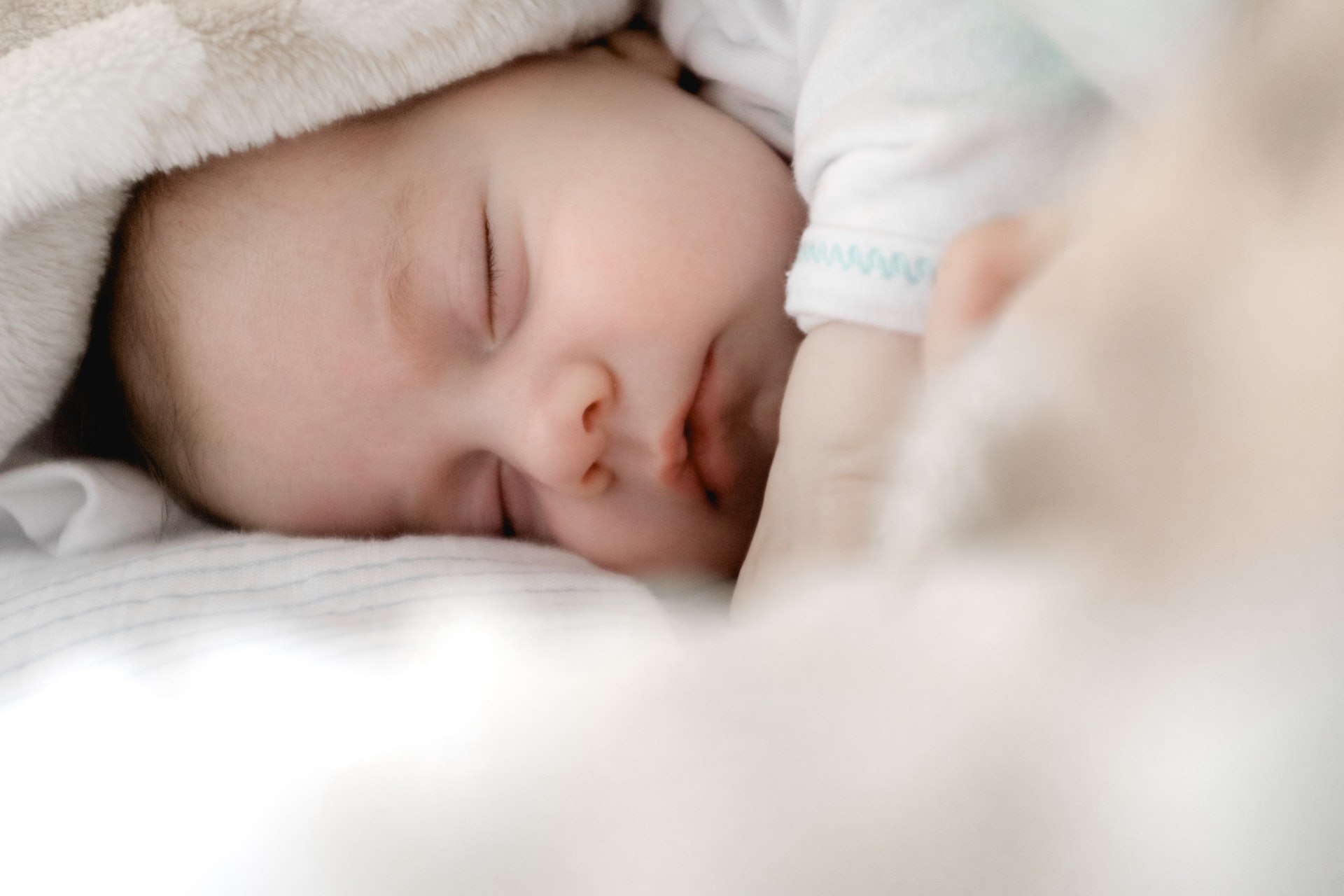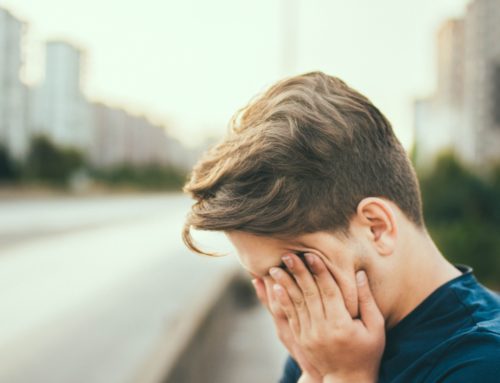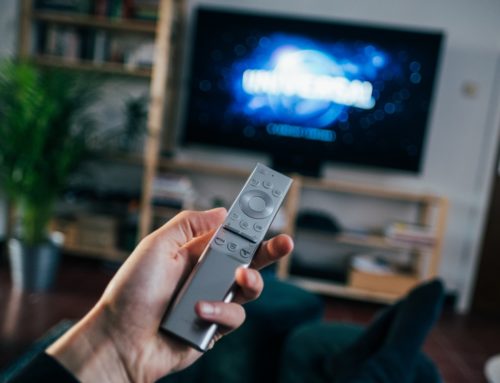This is a common topic of discussion—and argument—between many sleep-deprived parents of young children. Some parents swear by sleep training, where a child learns to go to sleep on his or her own, asserting that it saved their sanity and helped their child to learn to self-soothe. Others find the “cry it out” method to be a heartless practice, claiming that it damages children by leaving them alone, scared, at night. So, which is correct?
Recently, a study examined three groups of 225 children, aged seven months to six years of age: In the first group, parents were instructed to “camp out” with their children, staying nearby until they fell asleep. The parents were instructed to leave their children’s room earlier each night over a three-week period. In the second group, parents were instructed to allow their children to cry a bit before going in to soothe them. The parents then increased the length of time before they responded to the children’s cries each night. In the third group, parents were not instructed in any sleep intervention techniques and were told to respond to their children as they saw fit.
The result? The findings of this study suggest that it is fine to let your children cry while they are falling asleep. The children and mothers in the first two sleep-intervention groups were more rested and the mothers were shown to be less likely to suffer from depression. There were no harmful mental, behavioral or relationship effects from the sleep training detected.
Those of us who have had a baby crying in the middle of the night, every night for weeks at a time, know the feelings of helplessness and the stress this situation can induce. And the arguments parents can have about what to do. This study lets parents know that with a consistent plan, they do not have to worry about letting the baby cry it out. The children will be fine, and everyone will get more sleep! This can be very comforting news at two in the morning!
Bottom line: As long as the structured approaches are followed, parents don’t need to excessively worry about the negative effects of unattended bedtime crying.




